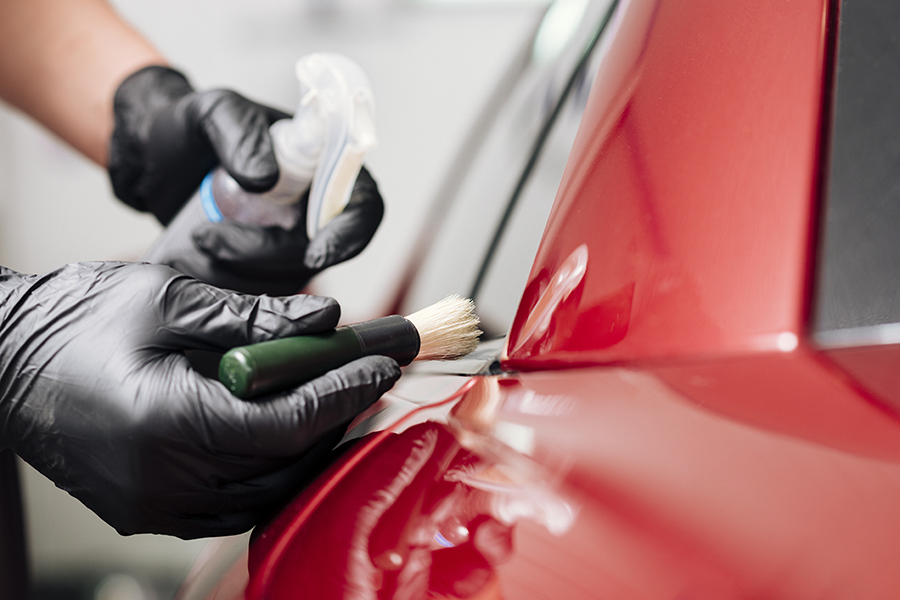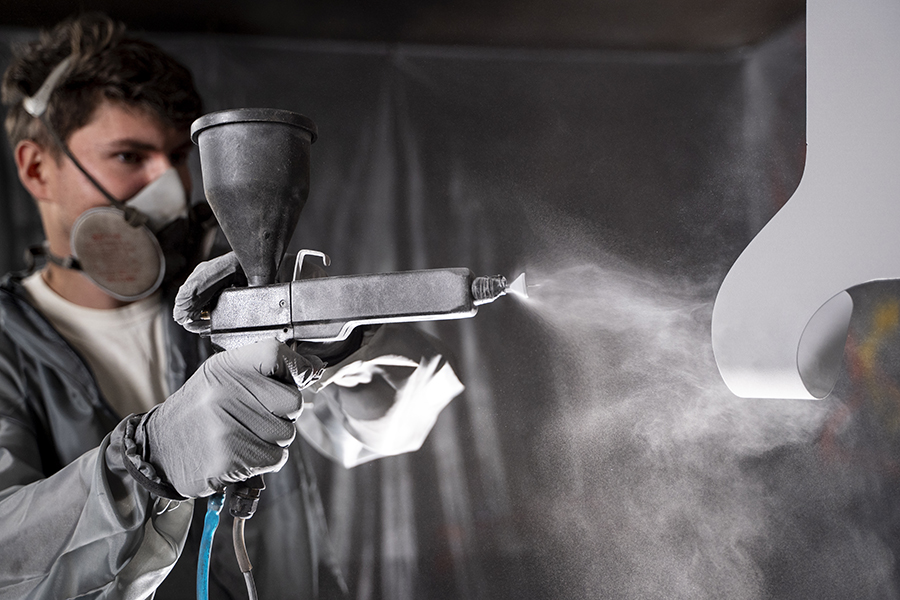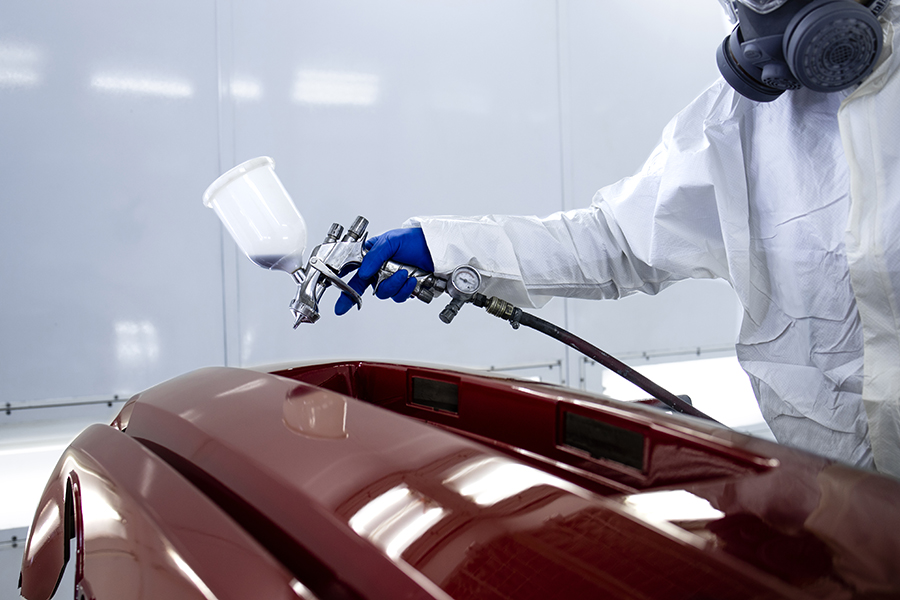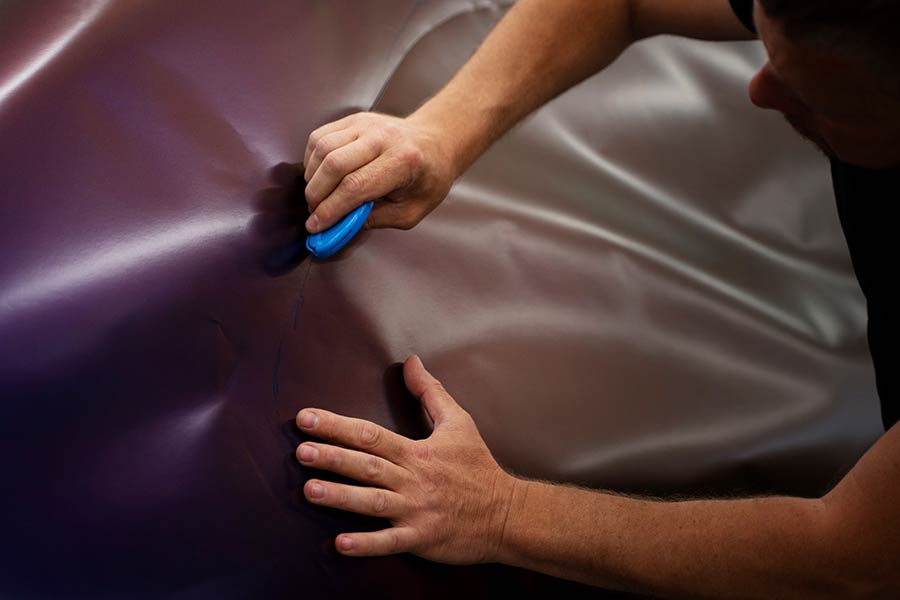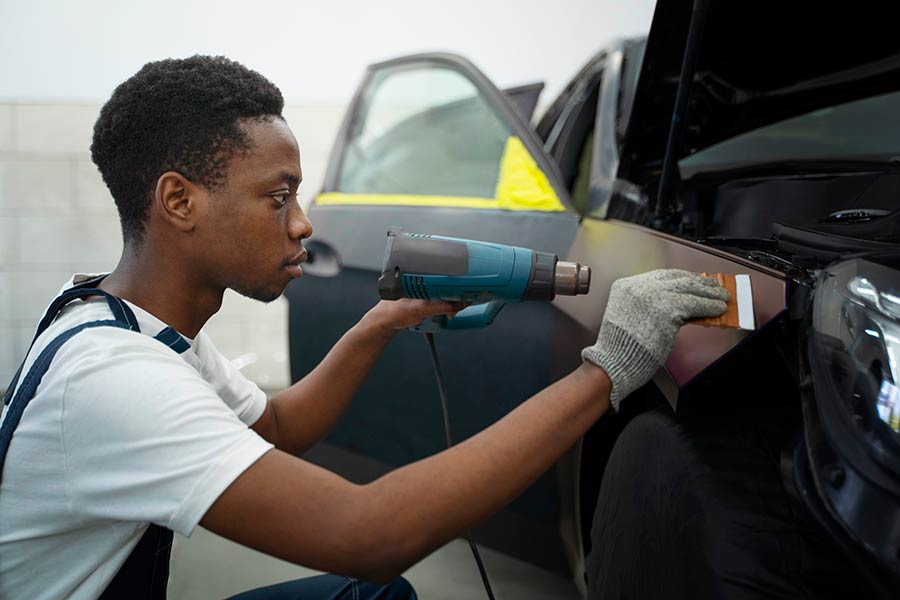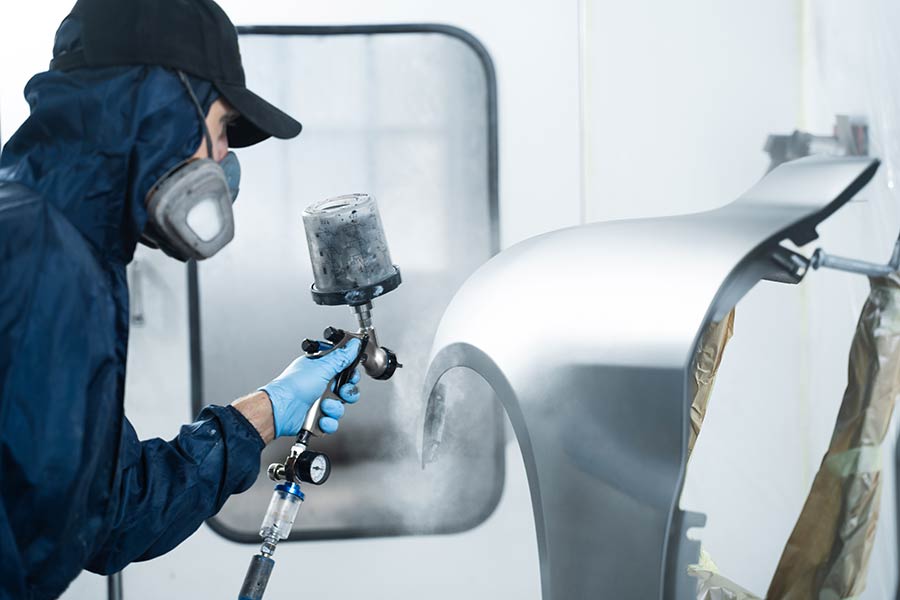Did you know that nearly 77% of car owners find scratches on their vehicles within the first year? Car paint scratch repair is a common headache. But fear not, we've got some easy-peasy tips to fix those pesky marks. Whether it’s a tiny nick or a longer scrape, you don’t need to break the bank. With a bit of elbow grease and the right tools, your ride can look brand new again. Let’s dive into the world of DIY car paint repairs and save some bucks while keeping your wheels looking sharp!
Key Takeaways
- Identify Scratch Type: Know if it's a surface scratch or deeper. This helps decide the repair method.
- DIY for Minor Scratches: Small scratches can be fixed at home with kits and polish.
- Choose Right Products: Use effective scratch removers like rubbing compounds for best results.
- Follow Repair Steps: Clean, sand, and polish to fix minor scratches step-by-step.
- Professional Help Needed: Seek experts for deep or complex scratches to avoid further damage.
- Prevention is Key: Regular car care can prevent scratches and maintain paint quality.
Understanding Car Paint Scratches
Types of Scratches
Car paint scratches vary in depth. Light scratches affect only the clear coat. They are usually shallow and easy to fix. Moderate scratches reach the paint layer. These can expose the color beneath. Deep scratches go down to the primer or metal. They need more work to repair.
There are different layers on a car's surface. The top is the clear coat, which protects the paint. Beneath is the paint layer, giving color to the car. The primer lies under the paint and shields the metal body. Each type of scratch impacts a car's look and value differently.
Causes of Scratches
Many things can cause scratches on cars. Keys, branches, and shopping carts are common culprits. These objects often leave marks when they rub against a car.
Environmental factors also play a role. Sand and debris can scratch the surface during windy days. Driving fast through dusty areas increases this risk.
Human errors happen too. People might accidentally brush against cars while passing by. These small mistakes can lead to noticeable scratches.
Assess Scratch Severity
To assess a scratch, check its depth and length first. Light scratches are often short and shallow. Deep ones are longer and more visible.
A simple test helps determine severity: run your fingernail over the scratch. If it catches, it's deep; if not, it may be light.
Visibility matters too. Scratches on doors or hoods are more noticeable than those on bumpers or lower panels.
Repair Options for Scratches
DIY Scratch Solutions
For small scratches, scratch removal kits work well. These kits come with everything needed. They often include polish and cloths. Another option is touch-up paint. This is great for minor scratches. It matches the car's color. Apply it carefully with a brush. For surface scratches, use rubbing compound. It smooths out the scratch. Rub gently in a circular motion.
Professional Repair Services
Professional services offer many benefits. Experts can assess the damage accurately. They use advanced tools and techniques. This ensures a precise repair job. Professionals also provide quality assurance. Many offer warranties on their work. This gives peace of mind about the repair's durability.
Evaluate Cost and Time
DIY repairs usually cost less money. Kits are affordable and available in stores. However, they take time to apply properly. Professional repairs can be more expensive but save time. Experts complete repairs faster than most DIY methods. Consider long-term value too. Professional repairs may last longer, making them a good investment.
Effective Scratch Removers
Popular Products Reviewed
Many people use scratch repair kits. Turtle Wax and Meguiar's are top-rated. They work well on small scratches. Users find them easy to use. Kits often come with a cloth and solution.
Customers like these products. They say they see good results. Ratings are mostly four or five stars. Some say it takes practice to get it right. But most agree they save time and money.
Homemade Remedies
e try toothpaste for minor scratches. It works like sandpaper, smoothing the surface. Rub it gently on the scratch. It can make light scratches less visible.
Baking soda paste is another option. Mix it with water to form a paste. Apply it in a circular motion. This can help reduce the appearance of scratches.
But be careful with homemade remedies. They may not work on deep scratches. Overuse can damage the paint further.
Choosing the Right Product
Match the product to the scratch's severity. For deep scratches, professional kits might be better. Light scratches can use simpler solutions.
Check the brand's reputation and reviews before buying. Good brands have high ratings and positive feedback.
Consider how easy it is to apply the product. Instructions should be clear and simple to follow.
Steps to Fix Minor Scratches
Gather Necessary Tools
First, collect all the tools you need. Microfiber cloths are important for cleaning. Applicators help in applying solutions evenly. Wear gloves and masks for safety. These protect your skin and lungs from chemicals.
You also need cleaning agents. Solutions like car wash soap or alcohol wipes work well. Ensure everything is ready before starting.
Clean and Prep Area
Wash the scratched area thoroughly. Use water and car wash soap. Dry it with a microfiber cloth. It's crucial to remove all dirt and grime first.
Next, strip off any wax or sealant. This ensures the repair solution adheres well. Use masking tape around the scratch to protect other parts of the car.
Apply Repair Solution
Start by applying the repair solution. Follow these steps:
- Shake the bottle well.
- Apply a small amount on an applicator.
- Rub gently over the scratch using circular motions.
Use light pressure to avoid more damage. Let each layer dry before adding another one.
When to Seek Professional Help
Deep Scratch Indicators
Deep scratches are serious. Look for exposed metal or rust. These signs mean the scratch is deep. Increased visibility and texture differences are also indicators. You might feel a rough surface when you touch it. These scratches often need professional help.
Benefits of Professional Repair
Professionals offer many benefits. They ensure a high-quality finish and color match. This means your car looks like new again. They have access to specialized equipment and materials. This helps in achieving better results. With a professional repair, you get peace of mind with guaranteed results.
Finding Reliable Services
Finding reliable repair services is important. Start by researching local repair shops and reading reviews. Ask for recommendations from friends or family who have had similar work done. It's wise to verify the credentials and experience of technicians. This ensures they are qualified to handle your car's needs.
Closing Thoughts
Scratches on your car can feel like a bad hair day. But now you know the ropes! Whether it’s a DIY fix or calling in the pros, you’ve got options. You’re ready to tackle those pesky marks and keep your ride looking sharp. It’s all about knowing when to roll up your sleeves and when to call for backup.
hy wait? Dive into repairing those scratches today and give your car the TLC it deserves. Share your scratch-busting stories with us! Got questions or need more tips? We’re here to help. Let’s keep those cars looking spiffy together!
Frequently Asked Questions
What causes car paint scratches?
Car paint scratches happen from everyday mishaps. Think of shopping carts, tree branches, or even that rogue pebble on the highway. They’re like those unexpected plot twists in a movie—annoying but inevitable.
Can I fix minor scratches myself?
Yes, you can! Minor scratches are like paper cuts—irritating but manageable. With the right tools and patience, you can tackle them at home. Just follow some simple steps and you're good to go.
What are the best scratch removers?
e top-notch scratch removers include Meguiar’s ScratchX and Turtle Wax Scratch Repair. These are like magic erasers for your car's surface. They're designed to polish out those pesky marks effectively.
How do I know if a scratch is too deep to fix myself?
If you can feel it with your fingernail, it might be too deep for DIY. It's like trying to patch up a canyon with a band-aid. In such cases, professional help might be your best bet.
When should I seek professional help for car scratches?
If the scratch exposes metal or if DIY methods don't work, it's time to call in the pros. Think of it as visiting a doctor when home remedies fail—sometimes, expert care is necessary.
Are there any risks involved in DIY scratch repair?
Yes, there are some risks. You could worsen the damage or affect your car's finish if not done correctly. It’s like trying to cut your own hair; sometimes it works, sometimes it doesn't.
How much does professional scratch repair cost?
Costs vary based on severity but expect anywhere from $150 to $500. It's an investment, much like paying for peace of mind knowing your car will look brand new again.
